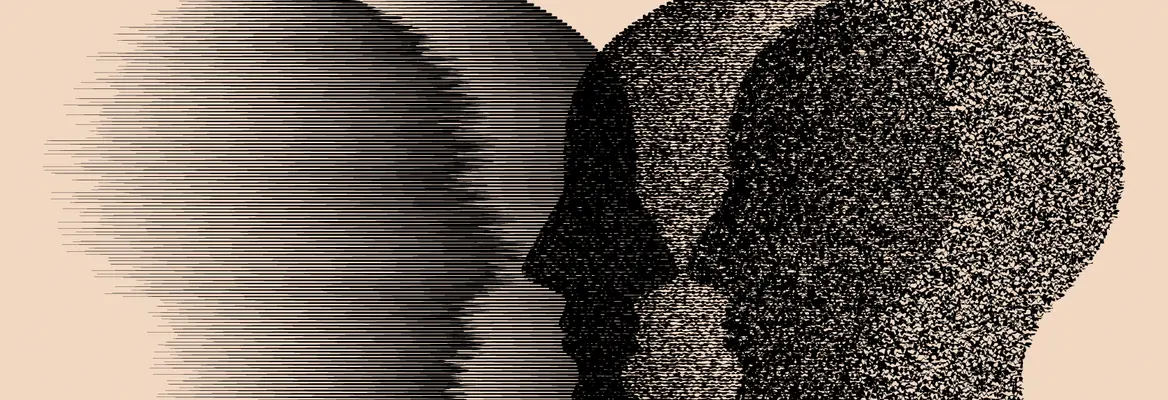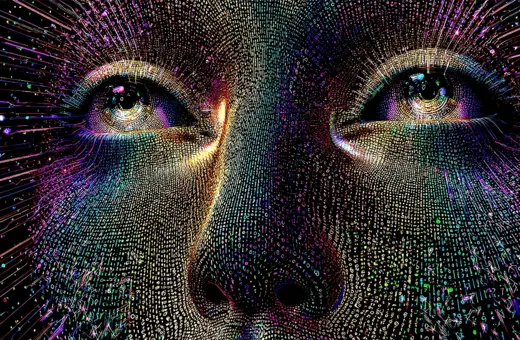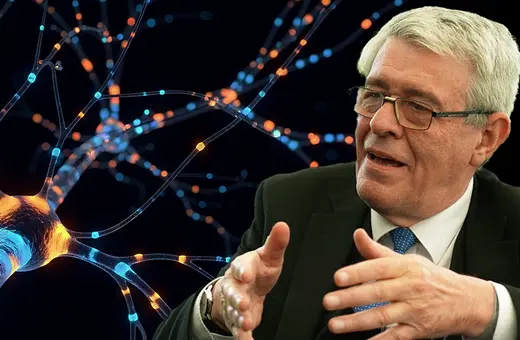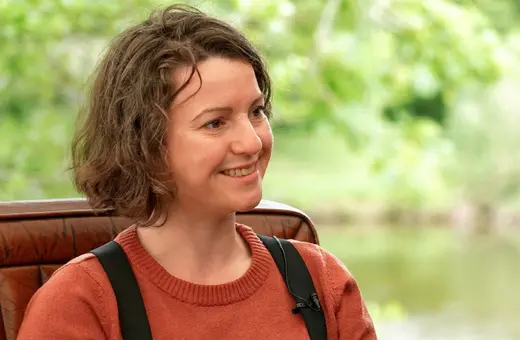What if the world didn’t feel real to you – and what if it never had? Italian philosopher Gabriele Ferretti argues that our deepest beliefs about reality, knowledge and science depend not on logic or reason alone, but on a fragile, evolved mental state: the feeling that the world is real and independent of our minds. People with derealization disorder lose this sense altogether, and their condition reveals just how contingent our sense of reality really is. It’s time for an evolutionary psychiatry of philosophy and science, which confronts the psychological foundations of our most basic assumptions about the world.
“Now he begins to wonder if also the World, indeed the World, is a Thing that does not exist.” If I had to choose a phrase that sums up the entire work of the philosopher, this elegant sentence by the Italian writer Giorgio Manganelli would be my first choice.
Humans have an inborn philosophical attitude. They ask what exists and what does not exist, what is real and what is not. And these questions quickly lead to a further question, about how we can know what exists and what is real. Welcome to epistemology, a field of study that is based on epistéme, which means “to stand up for oneself,” in the sense of “being grounded,” referring to a certain stability of our knowledge of the world outside.
___
There is only one thing we take for granted more than the fact that the world outside is real. And that is that the world outside feels real.
___
But where does this stability come from? Human beings, phenomenologists teach us, have a natural attitude to consider external reality as an objective, mind-independent world that exists in its own right. It is this alleged objective reality that we perceive, we know, and that we do philosophy, science and metaphysics about. If you’re currently holding a device which allows you to read this article, you’ll be aware of the massive impact that the material world seems to have on us. It feels so powerful that most of the time we take for granted that there is a reality that we discover through our senses, and in a deeper way through science and philosophy. We analyze this reality’s architecture through physics, we count its objects through ontology, and we explain its ultimate nature through metaphysics.
Furthermore, as biological, embodied subjects with brains, we also feel this reality as being an outside entity. Indeed, there is only one thing we take for granted more than the fact that the world outside is real. And that is that the world outside feels real. The alleged fact that the world outside is real and the fact that it feels real to us, human beings, are clearly two different facts. There could be a real, mind-independent world without any biological system that feels it exists. And there could be a feeling that something is out there without anything actually being out there (as in a hallucination).
For most of us, however, the sense of reality is so strong that it seems to come directly from reality itself: it apparently comes from our strong connection to the stability of the world outside. We take for granted that the world feels real precisely because, the natural attitude goes, it is real. And this would suggest that everything that is real feels real to us: reality feels real to creatures like us.
___






















Join the conversation